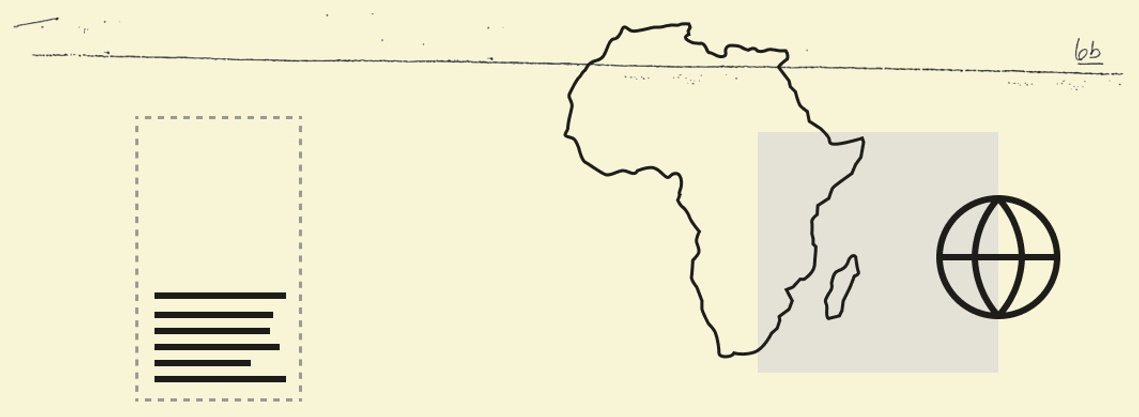 Business & Macro🇳🇬 Nigeria’s state oil company NNPC will begin work on a 614 km gas pipeline across three northern states by June, the company’s chief executive said. 🇰🇪 Netflix and Meta could lose carbon credits in Kenya after a court ruled in favor of Maasai herders who objected to the work of conservationists preserving greenlands to lock carbon in. Climate & Energy🇪🇹 Five Chinese companies will invest a combined $1.75 billion in a mix of solar energy and mineral exploration projects in Ethiopia. 🇨🇲 🇹🇿 Spiro, a Nairobi-based provider of electric motorcycles and batteries, began operations in Cameroon and Tanzania, increasing its Africa presence to eight countries. Geopolitics & Policy🇬🇳 Guinea’s junta said elections for a civilian administration will be held in December. A constitutional referendum is scheduled to take place on Sept. 21. 🇰🇪 Kenya asked the Dominican Republic to “support” the international peacekeeping mission to quell gang violence in Haiti. Tech & Deals🇿🇦 South African coal miner Exxaro will buy local manganese mines that export to China and India in a $640 million deal. 🌍 Pan-African asset manager BluePeak Private Capital received an $80 million joint investment commitment from British International Investment, FMO, Swedfund, and Swiss Investment Fund for Emerging Markets for a fund that will invest in mid-sized African businesses. |